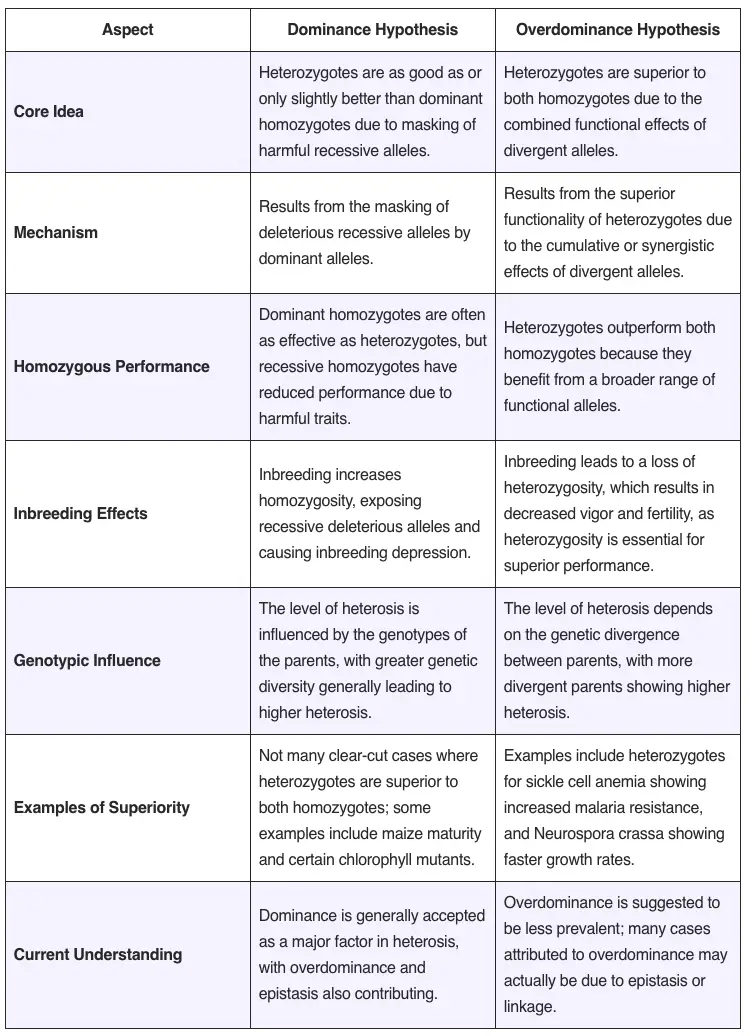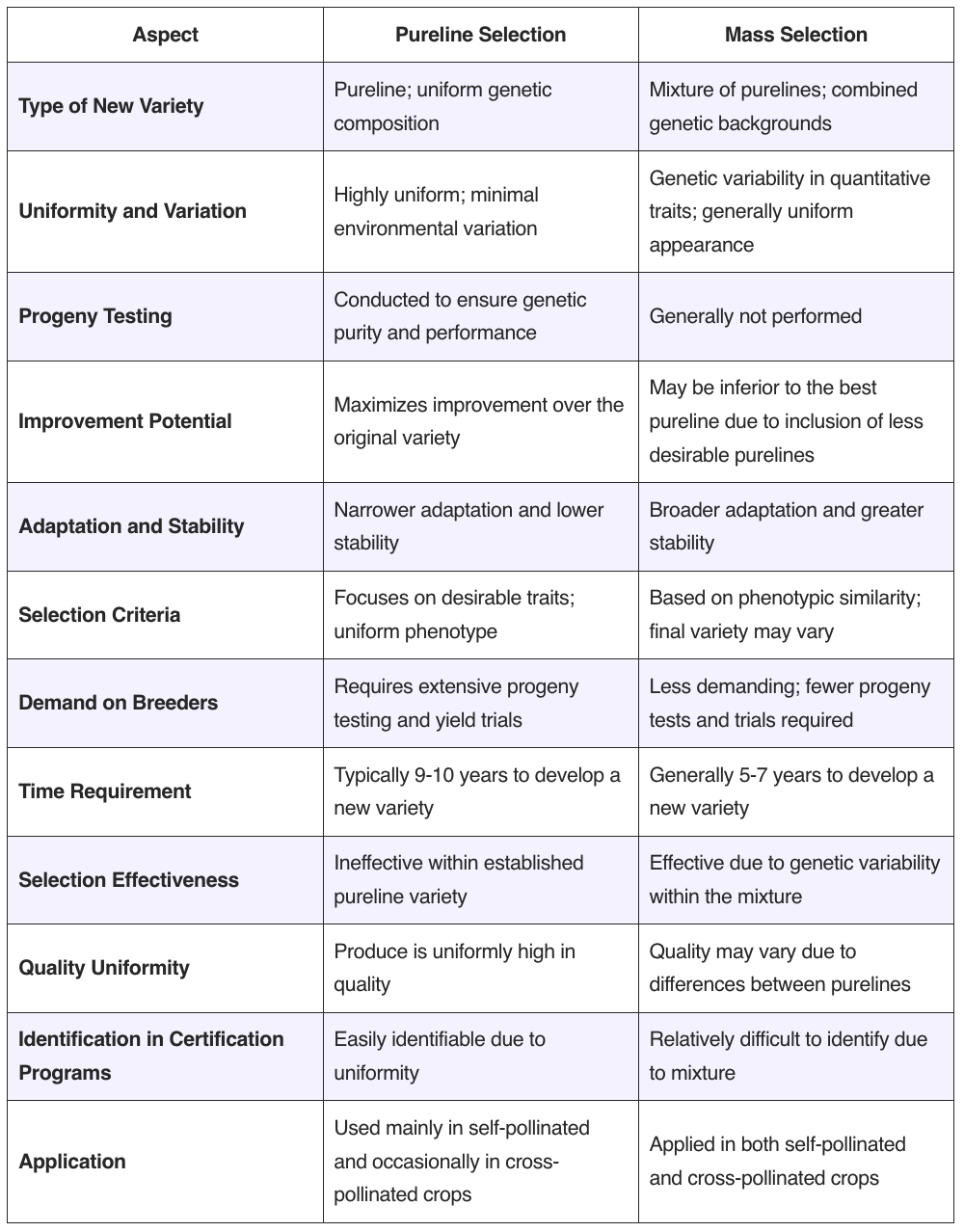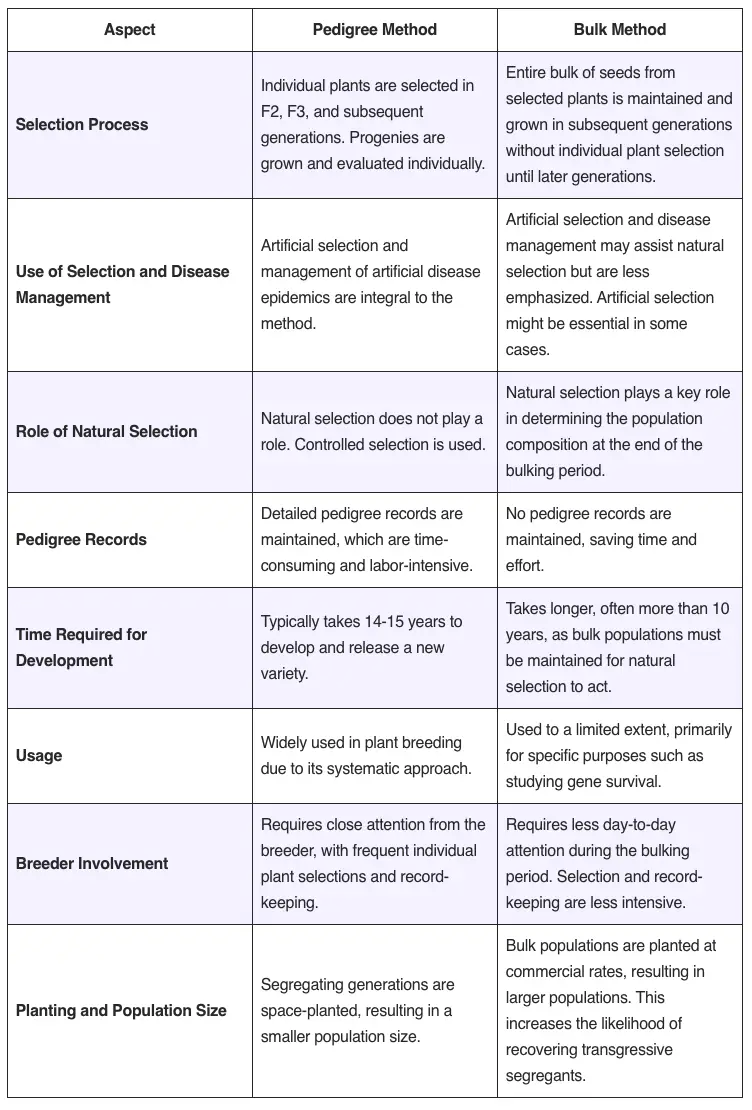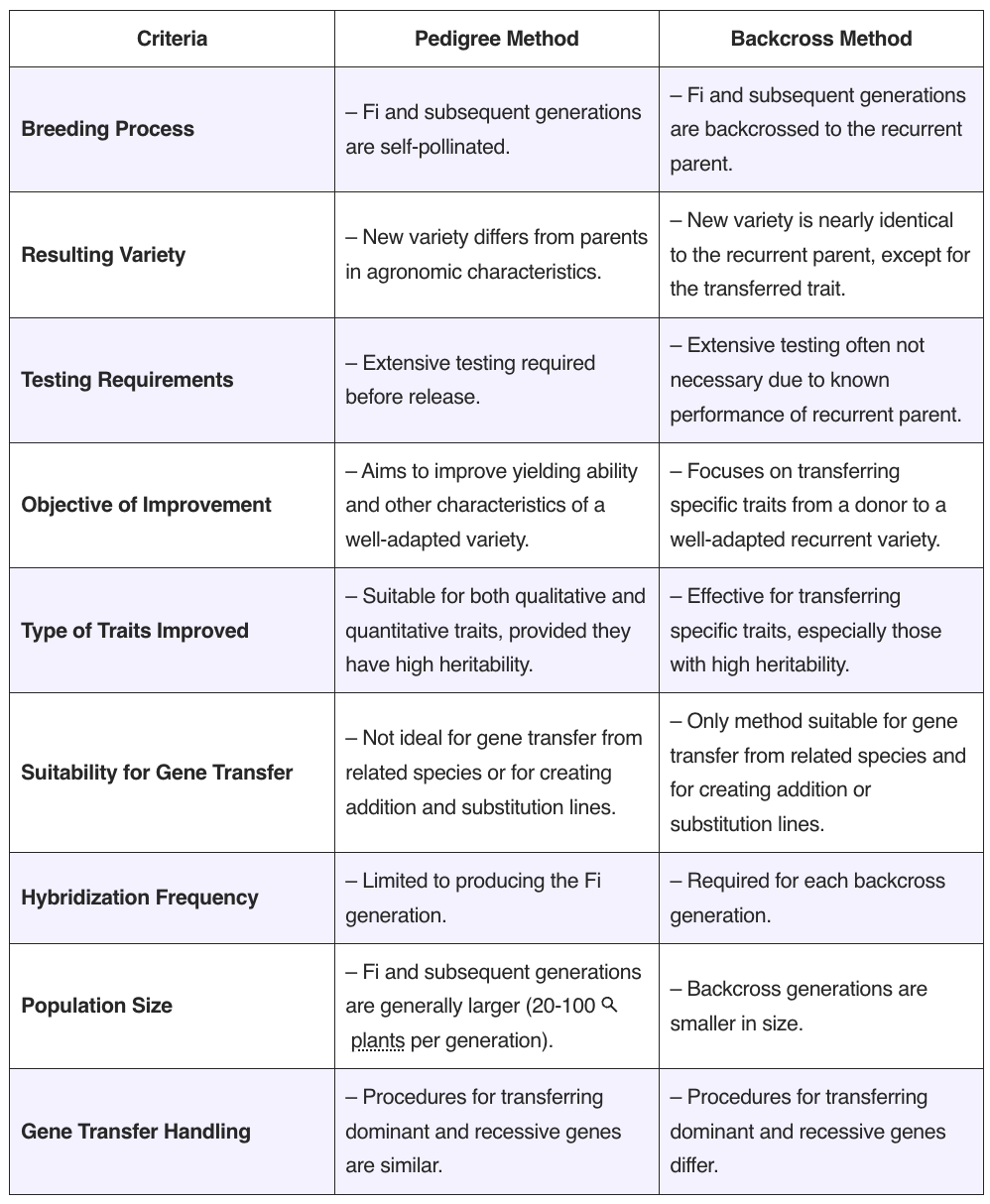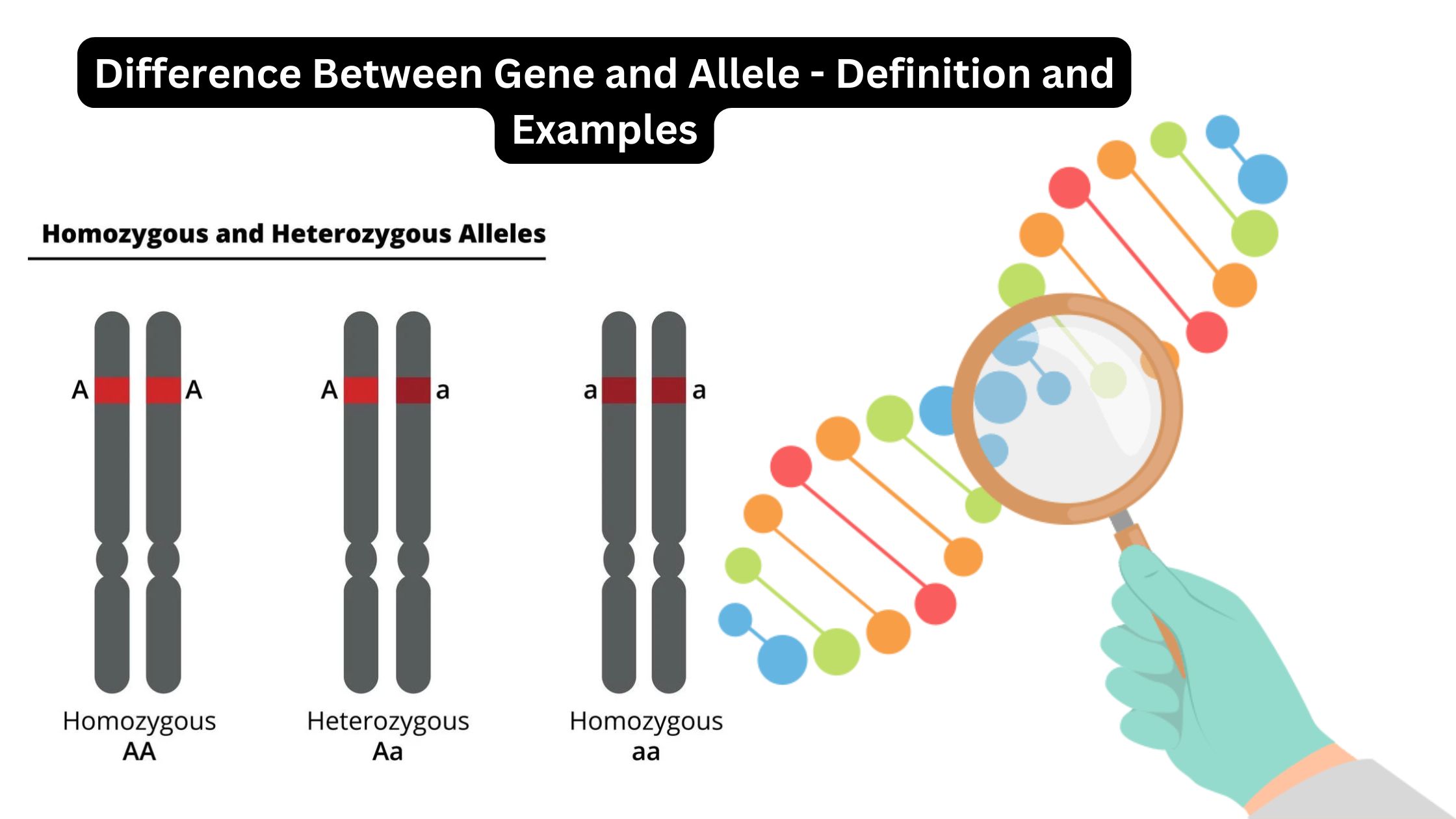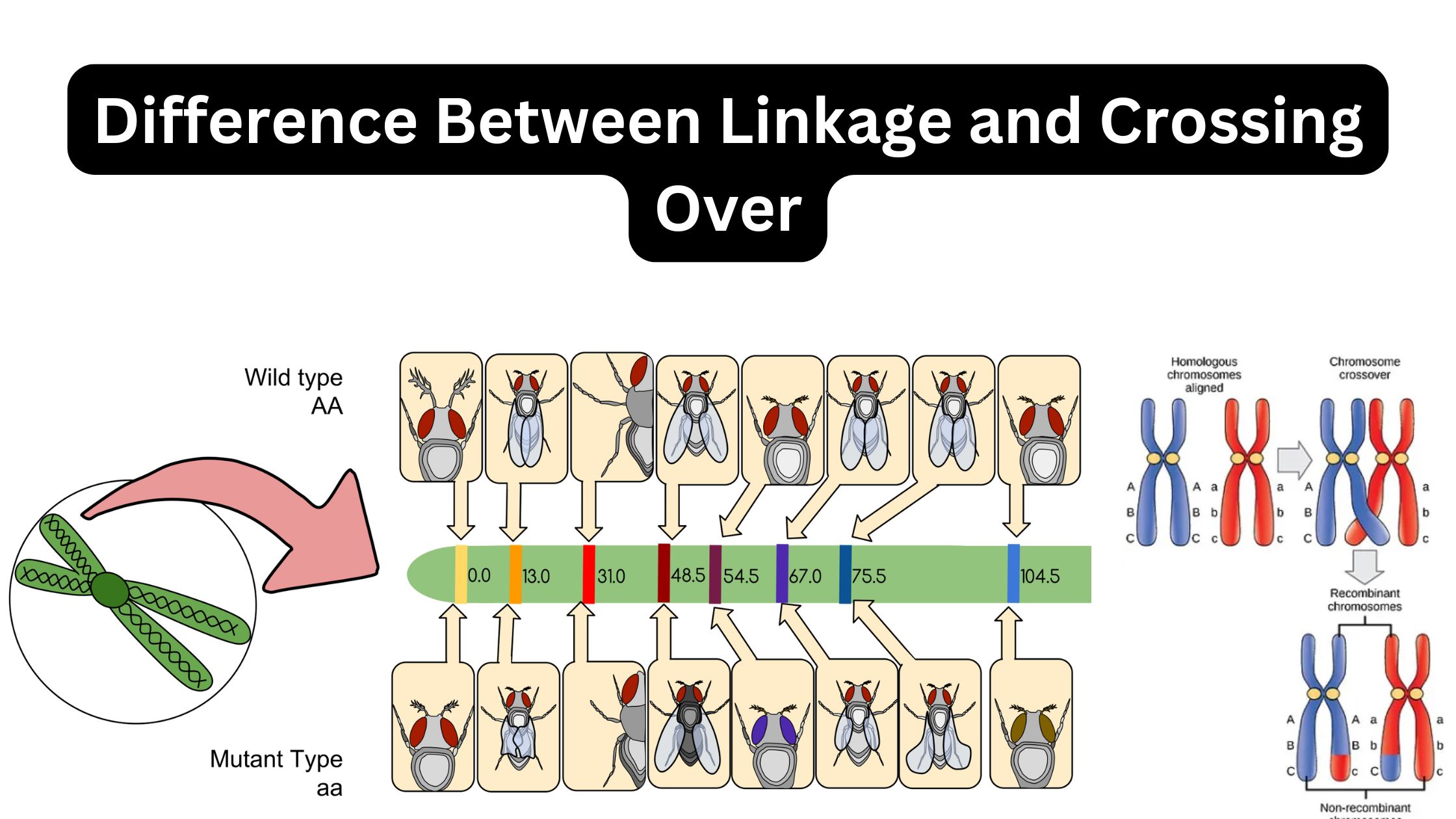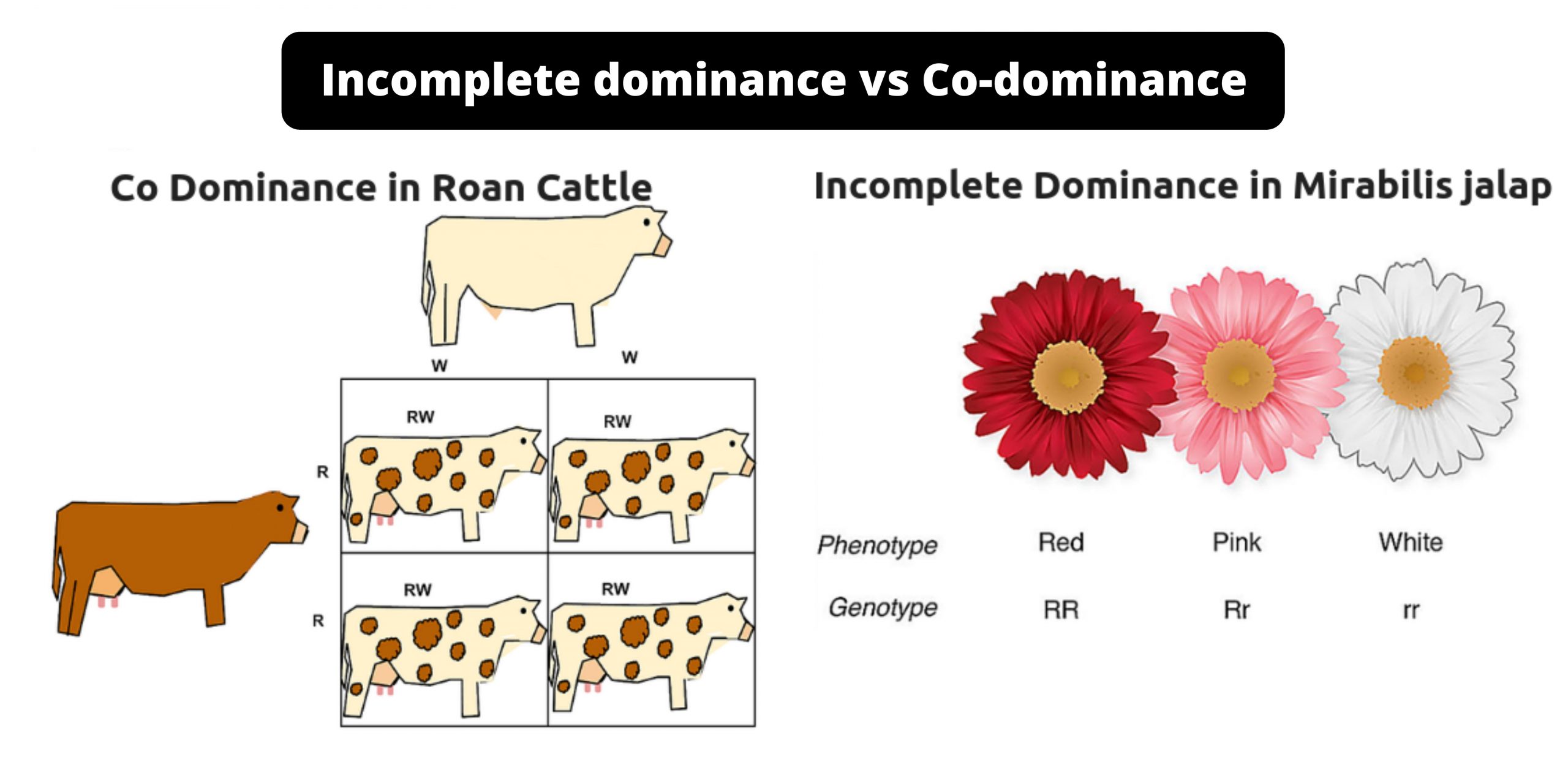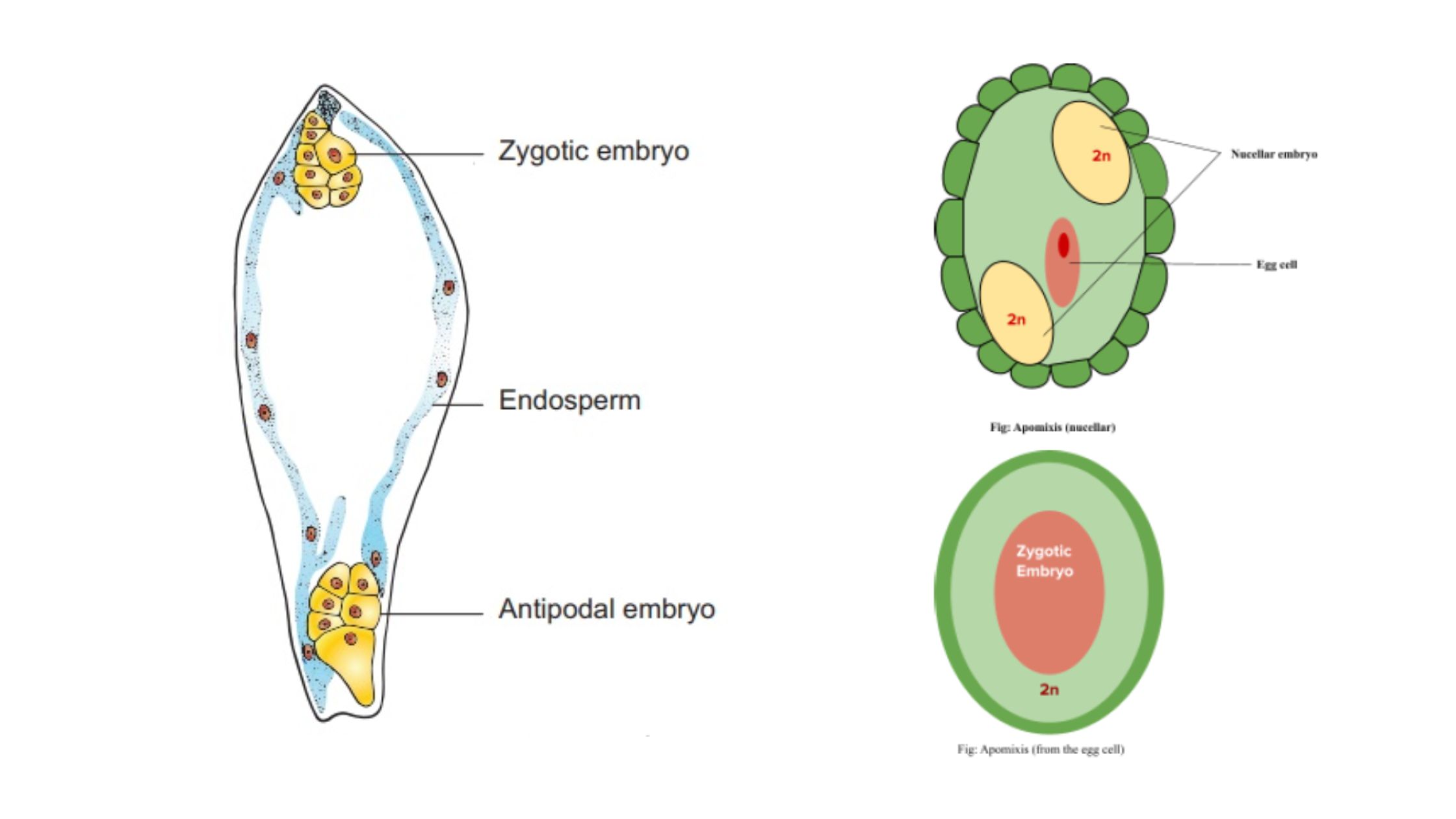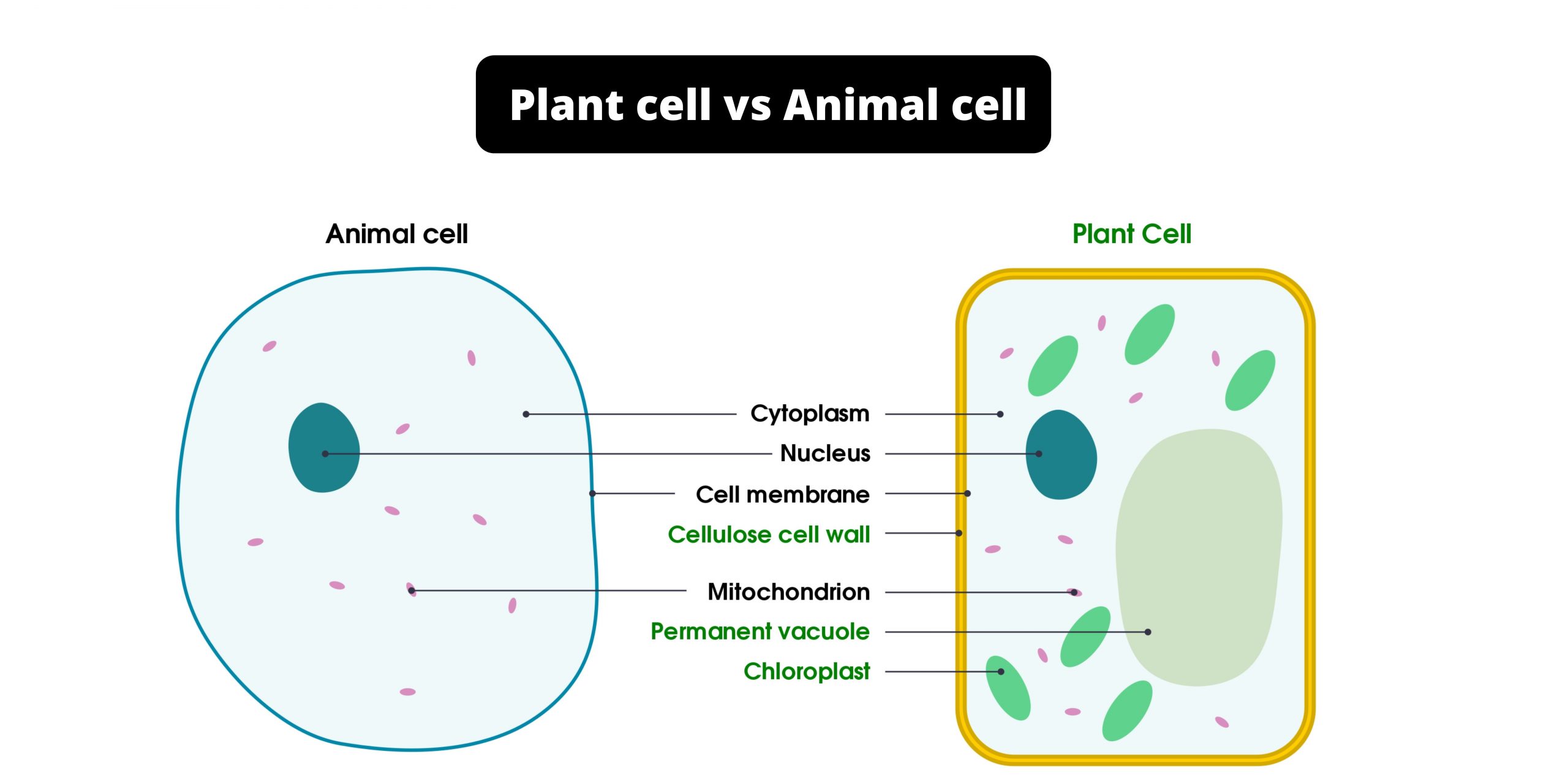Differences Between Dominance and Overdominance Hypotheses
What is Dominance Hypotheses? The Dominance Hypothesis refers to a concept in plant breeding and genetics that deals with the expression of traits in offspring based on the dominance of alleles. It essentially posits that in a heterozygous state, one allele (the dominant allele) can mask the expression of another allele (the recessive allele). Here’s … Read more
